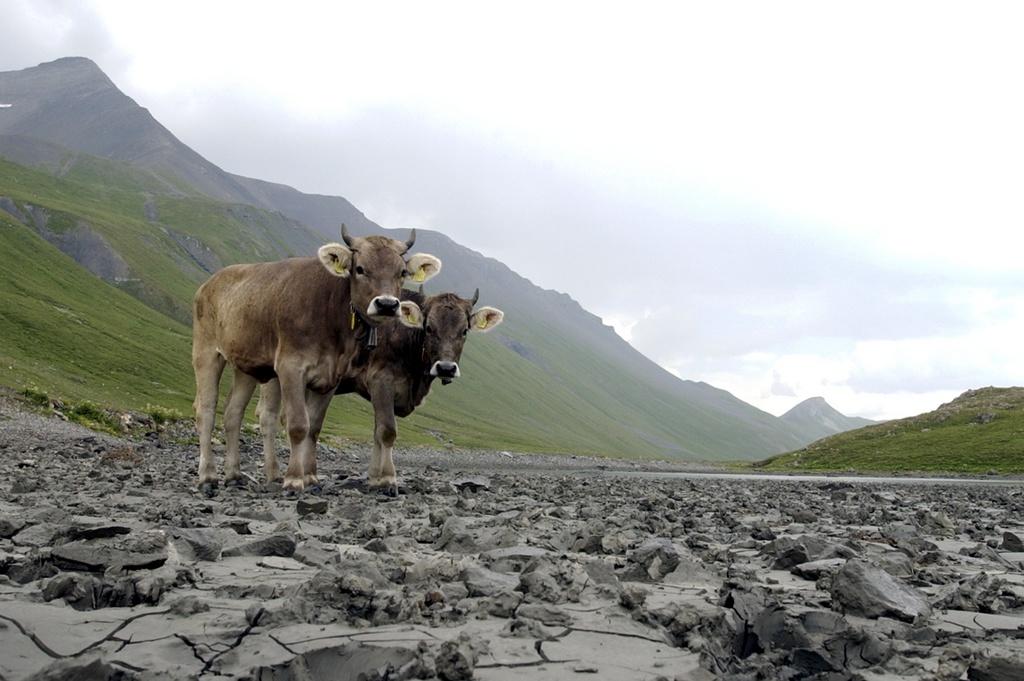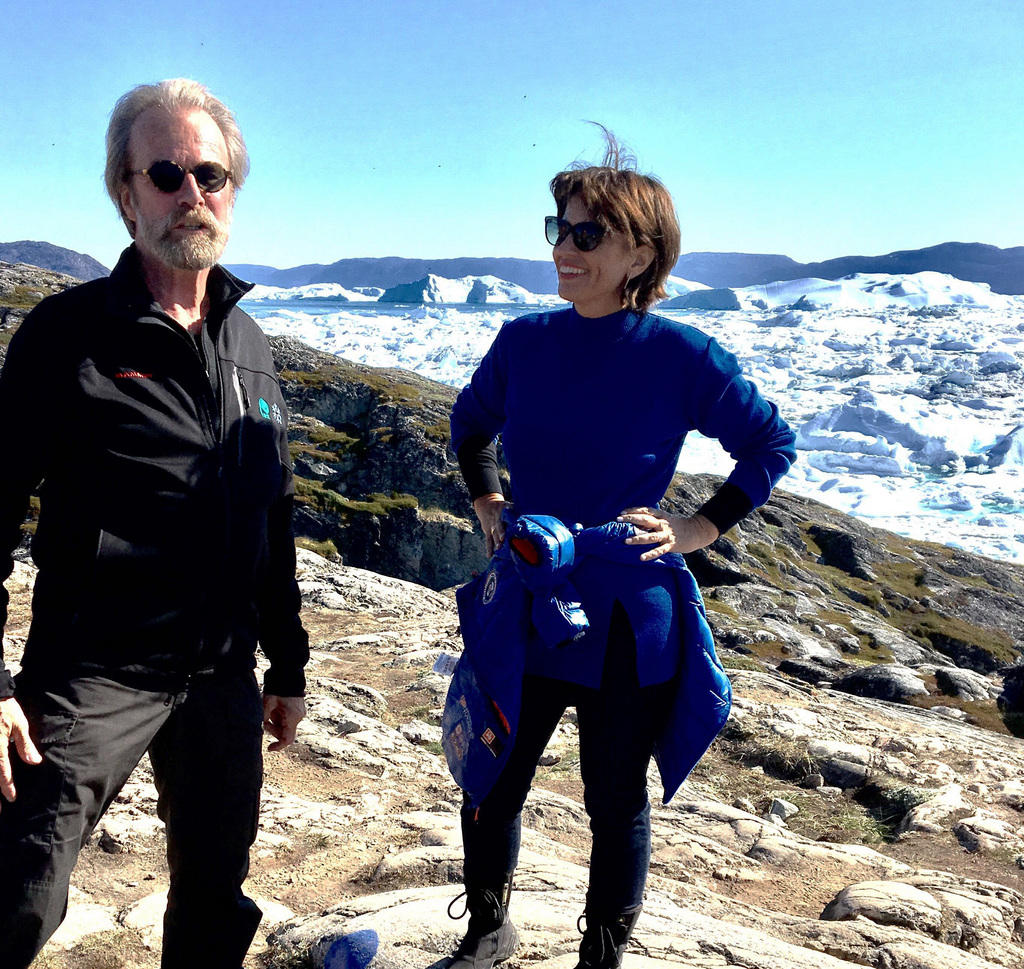Ocean temperature change models may be flawed, study finds

A Swiss-French study points to inaccuracy in measures of ocean temperatures over the last 100 million years, suggesting that the levels have remained much more stable than previously thought. The evidence raises "serious concerns" about current rates of climate change.
Global sea surface temperatures are approximately 1 degree higherExternal link now than they were 140 years ago. But on a much longer-term scale, ocean floor and surface temperatures, particularly in the polar ocean, were (until now) assumed to be 15 degrees warmer 100 million years ago.
Now, a research team from various French and Swiss universities – including the Swiss Federal Institute of Technology in Lausanne (EPFL) and the University of Lausanne – have questioned the methods used to make these historical estimates. Their study suggests that temperatures at the ocean depths, and at the surface of the polar ocean, have been overestimated: rather than falling 15 degrees over the last 100 million years, these marine temperatures may actually have been quite stable. The research has been published in the journal Nature CommunicationsExternal link.
“If we are right, our study challenges decades of paleoclimate research,” said Anders Meibom of EPFL and the University of Lausanne.
The 15-degree figure was traditionally arrived at by measuring the prevalence of a certain oxygen isotope in the fossils of marine organisms pulled from the ocean floor. The assumption was that levels of the isotope in the organisms varied according to the temperature of the water they lived in, meaning their fossils could give an idea of how warm the oceans were at the time.
But after subjecting these organisms to hot artificial sea water, the Swiss and French scientists found that the oxygen isotope level can in fact change without leaving any visible traces. This suggests that the fossils were not as perfectly preserved as previously thought – and calls into question their reliability as ocean thermometers.
For Meibom, the importance of oceans – and ocean temperatures – for gauging shifts in temperature change over geological time is crucial, including for predicting the consequences of current climate change more accurately. By re-investigating the study of ocean temperatures with the knowledge gleaned from this experiment, the scientists are confident that they can more clearly understand the evolution over time.
swissinfo.ch and agencies/dos

In compliance with the JTI standards
More: SWI swissinfo.ch certified by the Journalism Trust Initiative




You can find an overview of ongoing debates with our journalists here. Please join us!
If you want to start a conversation about a topic raised in this article or want to report factual errors, email us at english@swissinfo.ch.